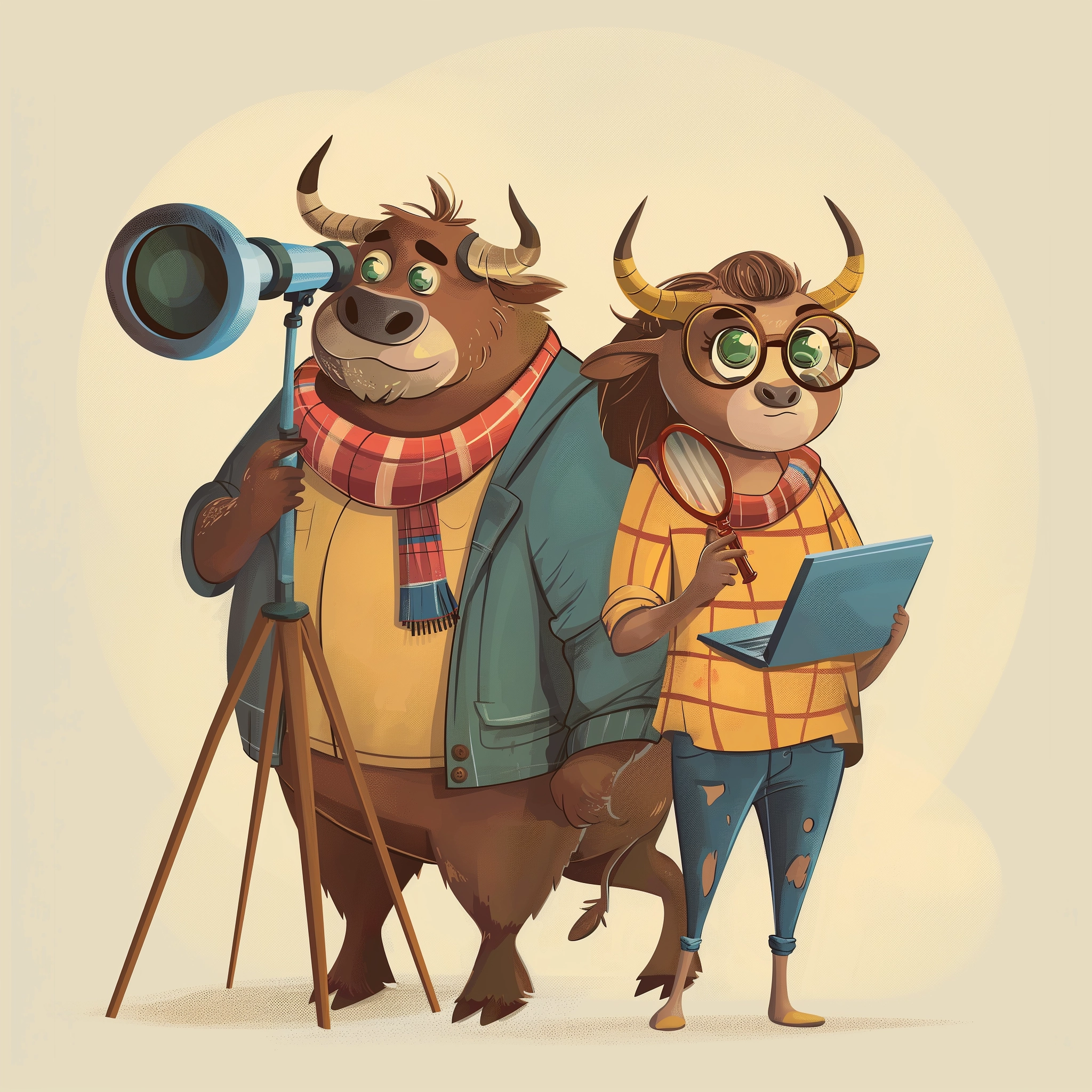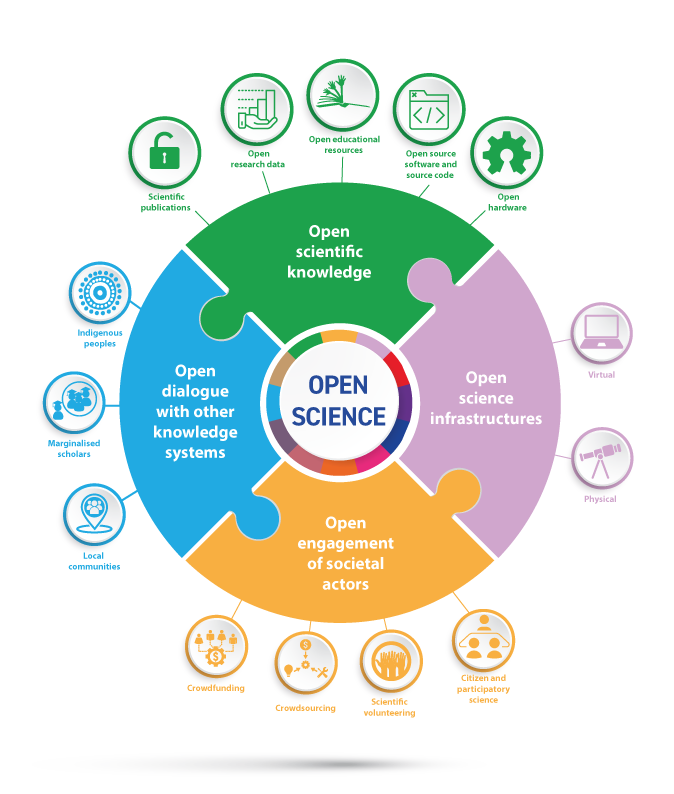What is Citizen Science?
Wikipedia defines citizen science as:
Citizen science has been around since the 1980s, and today there are thousands of citizen science groups around the world, working on and participating in science projects and investigations ranging from collecting data on the local environment and wildlife to very ambitious projects such as CubeSats1.
Closely related to citizen science is the concept of open science. Open science is the movement to make scientific research (including publications, data, physical samples, and software) and its dissemination accessible to all levels of society, amateur or professional. Open science is transparent and accessible knowledge that is shared and developed through collaborative networks. OCSN will seek to practice open science.
Citizen Science projects and activities
Traditionally citizen science projects have focussed on monitoring and collecting data on the environment and local ecologies, with an emphasis on flora and fauna (plants and animals). We see such activities as key components of the OCSN program. Some examples of such activities can be found on this web site.
However, we are also keen for OCSN to undertake some less usual projects, in particular projects which involve establishing a network of automated sensors for various things, which collect data continuously and make those data available through various platforms. On top of such data collection infrastructure, numerous secondary projects involving data analysis can be built. Such projects may be particularly attractive to schools. Some of proposed sensor network projects are described elsewhere on the OCSN web site.
All ages
The intention is for OCSN to promote, facilitate and host projects and activities which appeal to all ages, including children.3 Here is a cute video by the Australian Broadcasting Corporation Behind The News team on young participants in citizen science initiatives.

